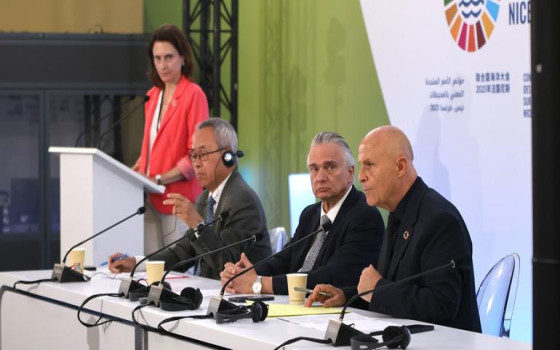
Ocean Summit in Nice concludes with unprecedented pledges to protect the oceans

- Europe and Arabs
- Sunday , 15 June 2025 14:35 PM GMT
Nice, France - New York: Europe and the Arabs
Ship horns sounded in the harbor of Nice on Friday, marking the end of a rare moment of global unity as the curtain fell on the Third United Nations Ocean Conference. Shortly before, more than 170 countries had unanimously adopted a comprehensive political declaration pledging urgent action to protect the oceans.
"We conclude this historic week not just with hope, but with concrete commitment, clear direction, and undeniable momentum," Li Junhua, UN Under-Secretary-General for Economic and Social Affairs and Secretary-General of the Summit, told reporters. According to the UN Daily News, the five-day event, hosted by France and Costa Rica on France's Mediterranean coast, attracted 15,000 participants, including more than 60 heads of state and government.
The Third Ocean Conference (UNOC3) included more than 450 side events and nearly 100,000 visitors. This gathering built on the success of previous ocean summits in New York (2017) and Lisbon (2022). It concluded with a unified call to expand marine protection, reduce pollution, regulate the high seas, and provide financing for poor coastal and island states.
The outcome of the conference, known as the Nice Ocean Action Plan, is a two-part framework that includes a political declaration and more than 800 voluntary commitments by governments, scientists, UN agencies, and civil society.
Mr. Li Junhua said: "These pledges range from a call for youth to environmental literacy for deep-sea ecosystems, capacity-building in science and innovation, and pledges to ratify On intergovernmental treaties.
The pledges unveiled reflected the scale of the ocean crisis. The European Commission announced a €1 billion investment to support ocean conservation, science, and sustainable fishing, while French Polynesia pledged to create the world's largest marine protected area—nearly five million square kilometers.
Germany launched a €100 million program to remove underwater munitions from the Baltic and North Seas. In addition, New Zealand pledged $52 million to strengthen ocean governance in the Pacific, and Spain announced five new marine protected areas.
A coalition of 37 countries led by Panama and Canada launched the "High Ambition Coalition for a Pacific Ocean" to address underwater noise pollution. Meanwhile, Indonesia and the World Bank introduced a "Coral Bond" to help finance the conservation of the country's coral reefs.
Mr. Lee said: "Tides of change have been forming. Now it is our collective responsibility to move it forward – for our people, our planet, and future generations.”
The summit opened with stark warnings. “We are not treating the ocean as it should be, because it belongs to everyone,” declared UN Secretary-General António Guterres, in the presence of the presidents of France and Costa Rica (Emmanuel Macron and Rodrigo Chávez Robles), who called for new international cooperation based on science.
French Special Envoy for the conference, Olivier Poivre d’Arvor, recalled the risks: “In Nice, we wanted to seize the opportunity for transformational change. I believe we have made progress, and we cannot go back.”
One of the conference’s main goals was to accelerate progress on the High Seas Treaty, adopted in 2023 to protect marine life in international waters. Sixty ratifications are required for it to enter into force. Over the past week, 19 countries have ratified the agreement, bringing the total as of Friday to 50.
Mr. Poivre d’Arvor said: “This is a major victory. It is very difficult to work on the ocean right now when the United States is so little involved.”
The French envoy was referring to the absence of a high-level US delegation, as well as President Donald Trump’s recent executive order promoting deep-sea drilling. “The depths are not for sale,” he said, echoing remarks made by President Macron earlier in the week.
However, Poivre emphasized the broad agreement reached at the summit. His counterpart, Costa Rican Foreign Minister Arnoldo André Tinoco, urged other countries to accelerate funding for ocean protection.
For Peter Thomson, the UN Special Envoy for the Ocean, Nice marked a turning point. “It’s not about what happens at the conference, it’s about what happens afterward,” he told UN News, recalling the early days of ocean advocacy when Sustainable Development Goal 14, on life underwater, was first defined.
Looking ahead, attention is already turning to the fourth UN Ocean Conference, scheduled to be hosted by Chile and South Korea in 2028.
Thomson expressed He expressed his hope that all major global agreements—including the High Seas Treaty, the World Trade Organization's Fisheries Subsidies Agreement, and the future Global Plastics Treaty—will be ratified and implemented by the next Ocean Conference. The 2028 summit will also be a moment of reflection, as Sustainable Development Goal 14 approaches its 2030 target. "What do we do when SDG 14 comes around in 2030? Clearly, the ambition must be higher. It must be stronger," he said. He emphasized that while SDG 14 aimed to protect 10 percent of the ocean by 2020—a target the world has failed to achieve—the new benchmark is 30 percent by 2030.
Despite the celebratory tone, tensions persisted. Small island developing states pushed for stronger language on losses and damages from climate change that exceed people’s ability to adapt. One delegate earlier warned: “There can be no ocean declaration without small island developing states.” Others, including Costa Rican President Chávez, called for a moratorium on deep-sea drilling in international waters until science could assess the risks—a step not included in the final declaration. However, the political declaration adopted in Nice, titled “Our Ocean, Our Future: United for Urgent Action,” reaffirms the goal of protecting 30 percent of the ocean and land by 2030, while supporting global frameworks such as the Kunming-Montreal Convention on Biological Diversity (adopted in 2022, which commits countries to halt and reverse nature loss by 2030 through ambitious conservation targets and sustainable biodiversity management) and the climate targets of the UN’s International Maritime Organization (IMO). “The real test is not what we said here in Nice – it’s what we do next,” Mr. Lee said.


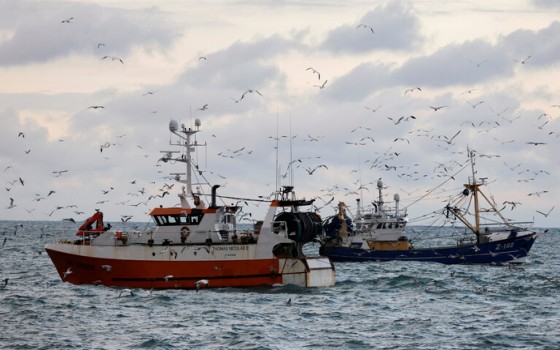

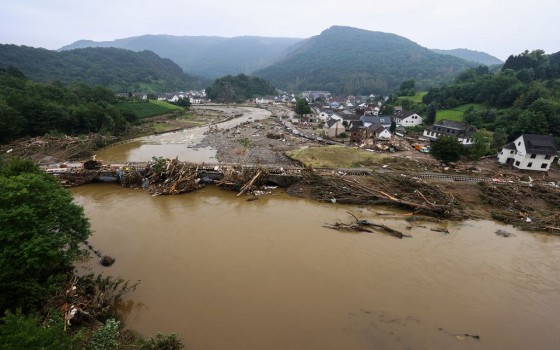
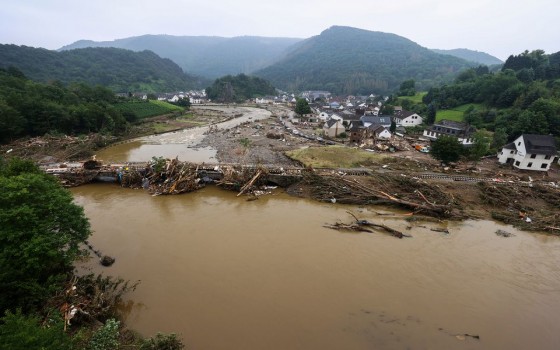


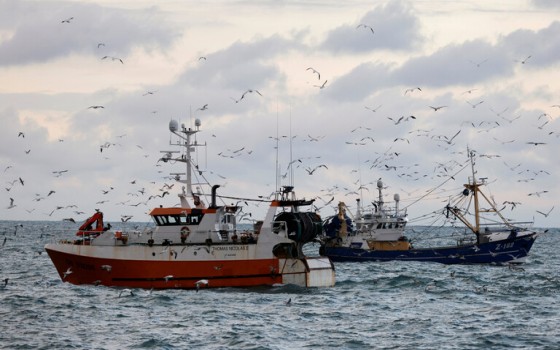



No Comments Found